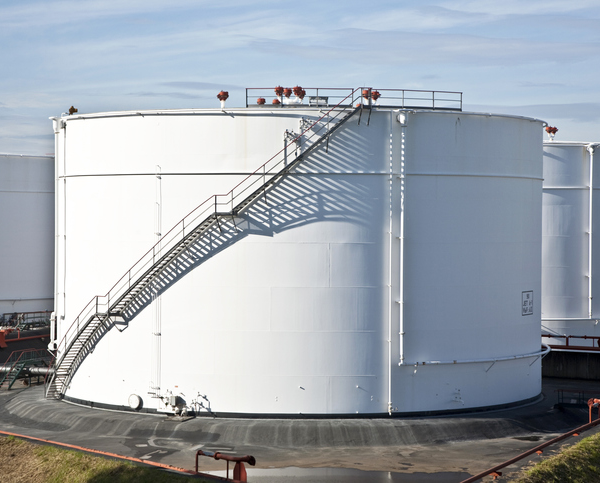Are EVs More Fuel Efficient Than Gasoline and Diesel Cars?
January 5, 2022 By Gary Yowell The U.S. Environmental Protection Agency (EPA), California Air Resources Board (CARB), and EV promoters often claim EVs have three times higher fuel economy than their gasoline counterparts. This is like saying eggs come from grocery stores, which is true, but ignores the fact that eggs originate from laying hens before being shipped to and sold...
Read More

